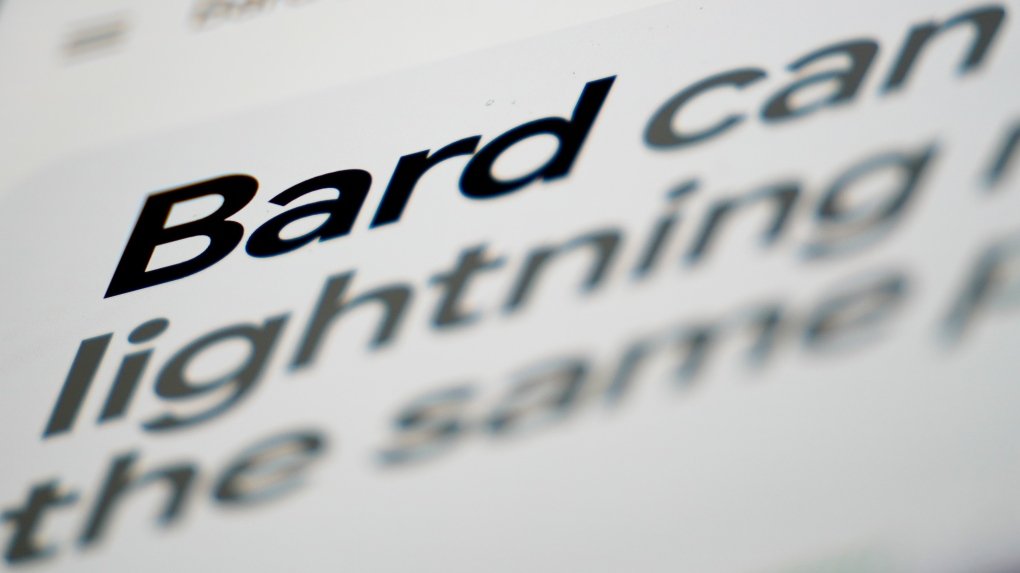On Tuesday, the Google has begun testing Bard from the world, inviting users in the US and UK to sign up for access.

The company first introduced Bard in February, after the launch of ChatGPT which started taking the world by storm.
Unfortunately the alpha version of Bard that was originally released did not elicit positive comments as there were already benchmarks against OpenAI's GPT-4 technology. The Bard with an error in presenting his demonstration last month it was the cause of $100 billion being lost from parent company Alphabet's valuation.
So the bad news continues as the testers report that the current version of Bard doesn't measure up to the competition.
"I've been playing with Google Bard for a while today and I never thought I'd say this, but... Bing is way ahead of Google right now (in this particular mode conversations)", wrote YouTuber Marques Brownlee on Twitter.
Ethan Mollick, an associate professor at the University of Pennsylvania's Wharton School, where he teaches entrepreneurship and innovation, added that, although it's early, "Google's Bard doesn't seem as capable as a learning tool as Bing or GPT-4."
Mollick added that "Google's Bard loses" to his rival in poetry, struggling far beyond his ability to create a consistent verse form.
In a prompt to create Bard a synopsis of a “Star Wars” movie in the style of director David Lynch, known for his incredible storytelling, ended up reproducing a “Star Wars” plot by standard standards.
Bard also has trouble handling word puzzles, an area where AIs powered by large language models should theoretically excel.





